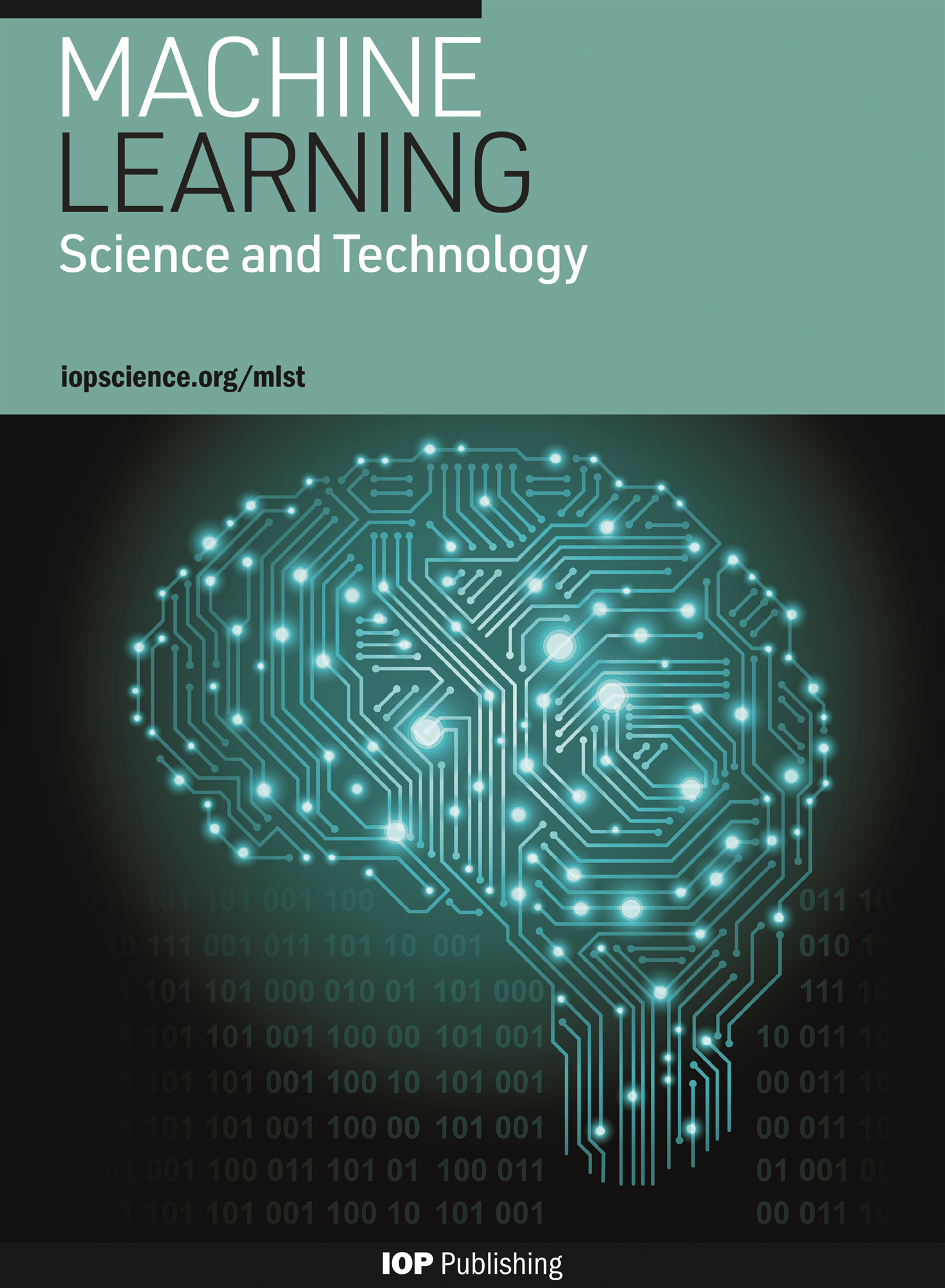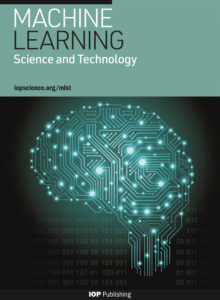MLST特刊征稿|Focus on Generative AI in Science

特刊详情
客座编辑
- Juan Felipe Carrasquilla,加拿大Vector研究所
- Stephen R. Green,英国诺丁汉大学
- 王磊,中国科学院物理研究所
- 张林峰, 深势科技/北京科学智能研究院
- 张潘,中国科学院理论物理研究所
主题范围
“What I can not create, I do not understand” – Richard Feynman
Unlike “discriminative” learning such as image recognition, “generative” learning aims at modeling the generation process of data, finding out governing latent variables, and creating new data samples. Generative learning has unprecedented potential in modeling scientific data and inverse matter design. Generative AI is actually not an alien technique to scientists because many generative models actually have their physics genes. In fact, generative models have been seamlessly integrated into scientific computing which enabled solid advances in statistical physics and molecular simulations.
With the rapid development of generative AI and deep integrations of generative models in scientific research, we anticipate new ideas and significant achievements emerging over the horizon. We welcome submissions of roadmaps, reviews, and research articles in the field of generative AI in science to MLST.
Potential topics include but are not limited to:
- Large language model for science
- Generative matter design: molecules, proteins, and materials
- Generative models for parameter estimation
- Generative models for inverse problems
- Generative models for sampling and simulation
- Symmetries in generative models
- Variational calculus in generative modeling
- Collective variables discovery
- Transportation and diffusion-based generative models
- Transition path sampling and generative models
- Physics-inspired generative models
投稿流程
特刊文章与MLST期刊常规文章遵循相同的审稿流程和内容标准,并采用同样的投稿模式。
有关准备文章及投稿的详细信息,可以参阅IOPscience页面的作者指南。
作者可登入期刊主页进行在线投稿,在“文章类型”中选择“特刊文章”,并在“选择特刊”的下拉框中选择“Focus on Generative AI in Science”。
投稿截止日期:2023年9月1日。
期刊介绍

- 2021年影响因子:6.013 Citescore:4.2
- Machine Learning: Science and Technology (MLST)是一本跨学科期刊,致力于发表智能机器在物理、材料科学、化学、生物学、医学、地球科学、天文学和工程学等多学科领域的应用和发展。涉及领域包括:物理学和空间科学;设计和发现新材料和分子;材料表征技术;模拟材料、化学过程和生物系统;原子和粗粒度模拟;量子计算;生物学、医学和生物医学成像;地球科学(包括自然灾害预测)和气候学;模拟方法和高性能计算。同时,也包括机器学习方法在概念上的新进展:新的学习算法;深度学习架构;核心方法;概率和贝叶斯方法;生成方法;强化和主动学习;经常性和基于时间结构的方法;神经启发方法(包括神经形态计算)。
